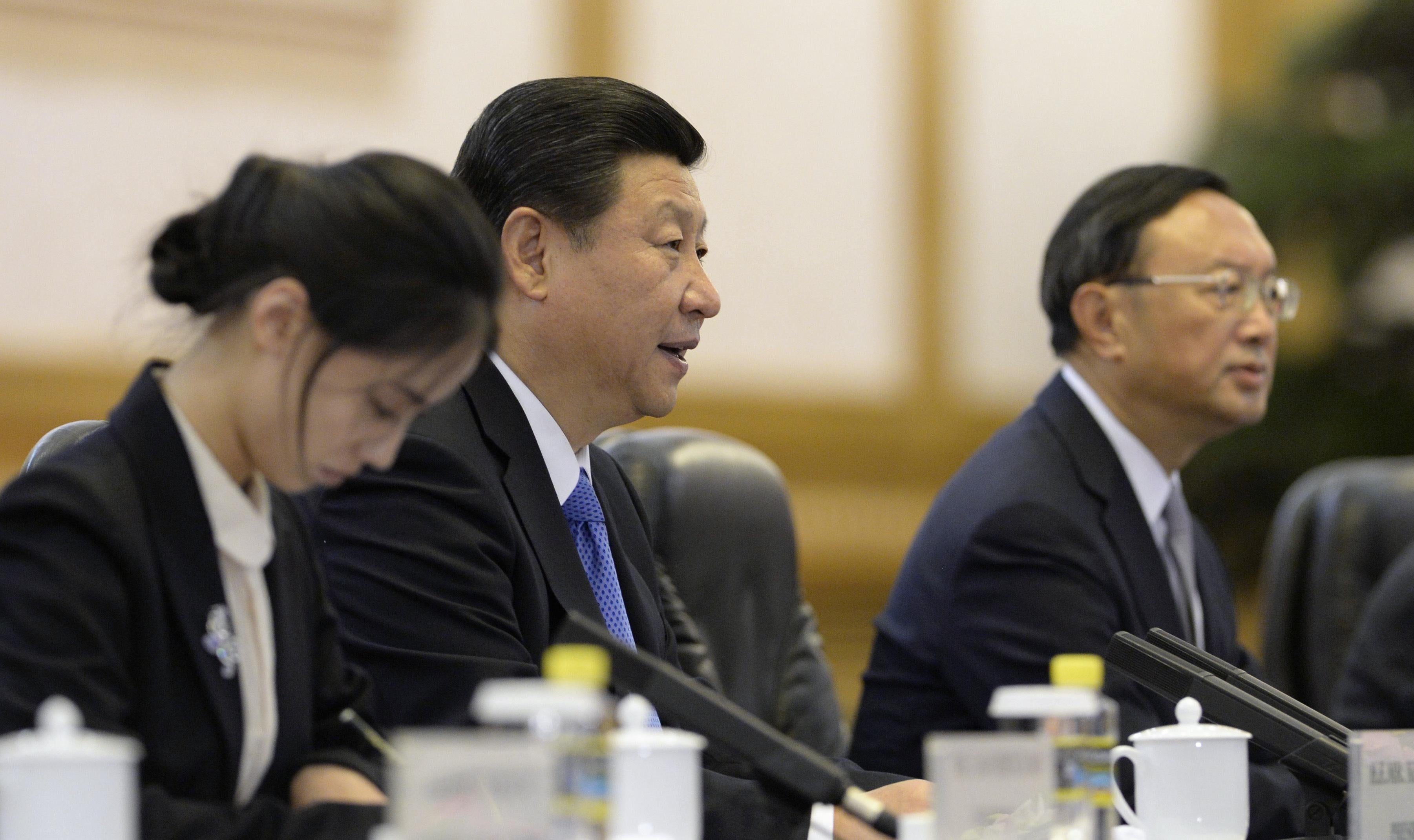Aside from the disconcerting events on Tiananmen Square, the big story in China today was the announcement that the Central Committee of the 18th National Congress of the Communist Party will hold its Third Plenary Session from Nov. 9 to 12. (In one of the quirks of the Chinese political system, the exact dates of such events are often not announced until just a few days before.)
The session is highly anticipated by business leaders, political observers, and more than a few members of the government here. Third Plenary Sessions often mark significant political milestones dating back to the beginning of Deng Xiaoping’s reforms in 1978. It’s typically when new Chinese governments have consolidated power and are ready to announce new economic policies. If President Xi Jinping plans to take the Chinese economy in a radically new direction, this is likely when we’ll hear about it.
One recent hint that Xi might be serious about hastening China’s long “reform and opening up” process was the recent opening of an 11-square-mile pilot free-trade zone in Shanghai, a project heavily promoted by Premier Le Keqiang. Shen Danyang, a spokesman for the Ministry of Commerce, suggested to us today that the zone could be a laboratory of reforms that could be “scalable nationwide.” This is also somewhat in the spirit of Deng, who famously turned the southern city of Shenzen into a “special processing zone” for foreign firms in the 1980s as a test site for market reforms.
However, it’s still a bit unclear how ambitious the reforms in the zone will be and the rules governing it are still somewhat vague. (For what it’s worth, it’s not yet clear if the zone will have freer Internet access than the rest of China, as early reports suggested, but on the other hand we do know it will be the only place from which foreign firms will be authorized to sell video game consoles across China.) The exact nature of the zone and the government’s plans for it might be one of the announcements to come out of the session.
It might not be wise to get too excited about the plenary. As the Washington Post recently noted, rather than bold reforms, so far “the emphasis in the party-controlled media has been on Xi’s efforts to clean up the Communist Party, reconnect with the “masses” and combat corruption.” But with sluggish economic growth looking like a more permanent condition, it might be time for the Party to think a bit bigger.
I’m currently in China with several other U.S. journalists on a reporting fellowship sponsored by the East-West Center and the Better Hong Kong Foundation.
